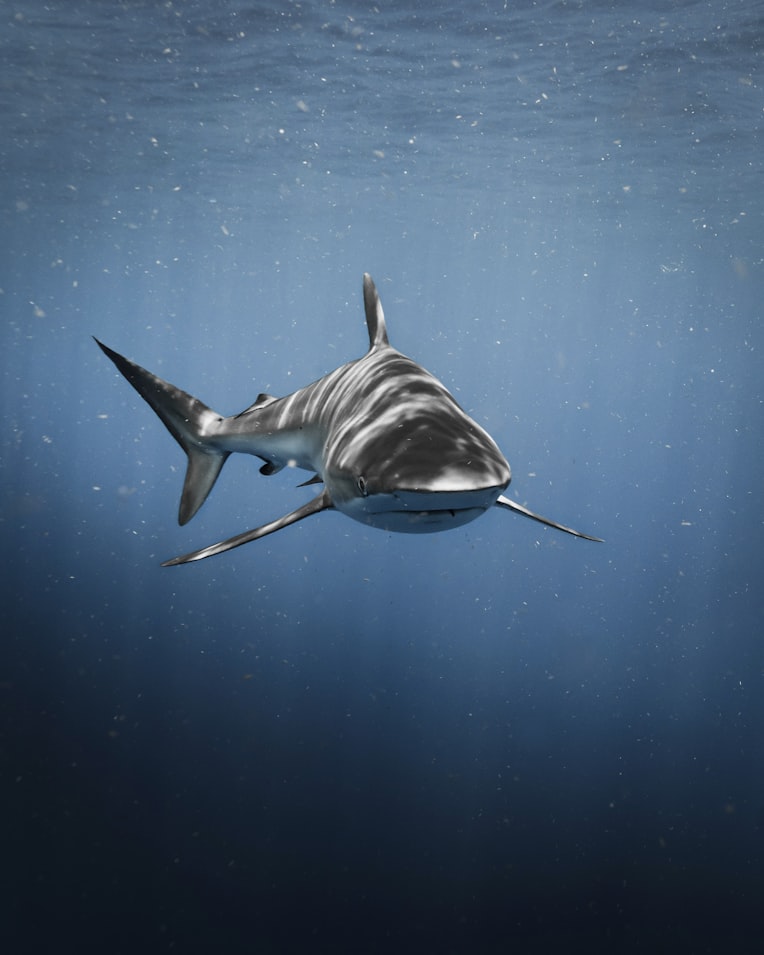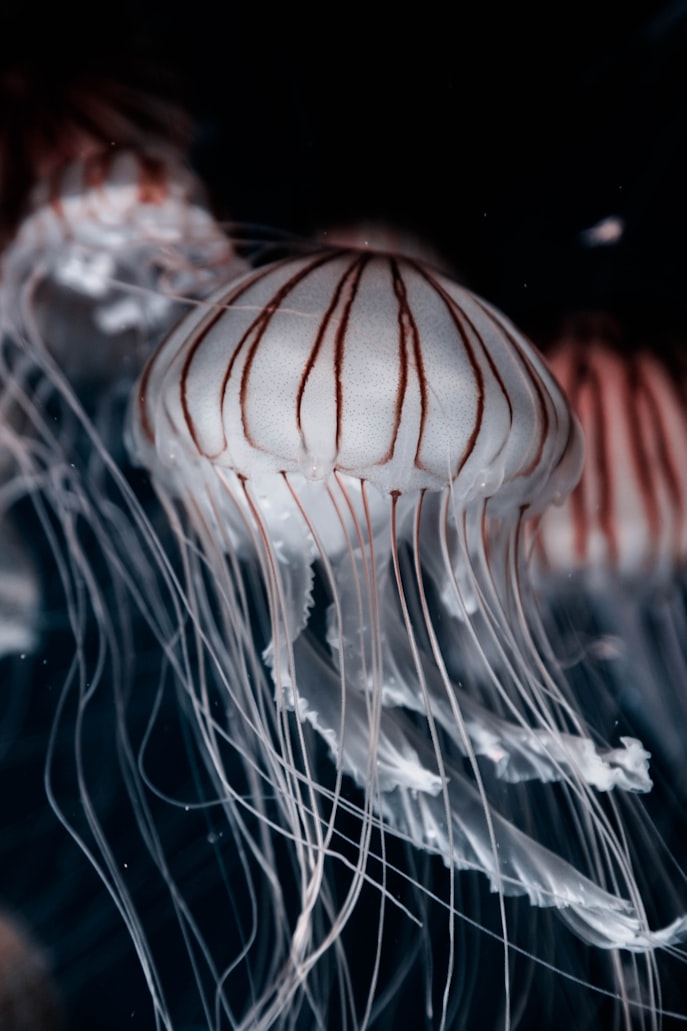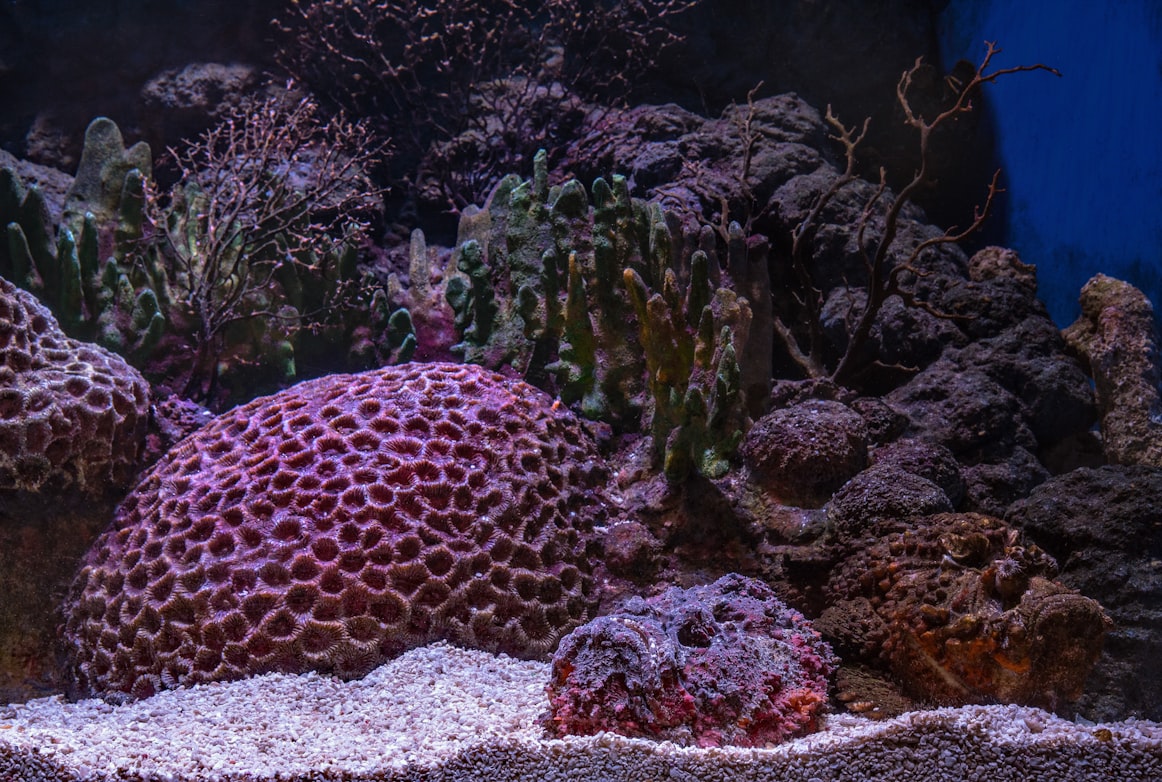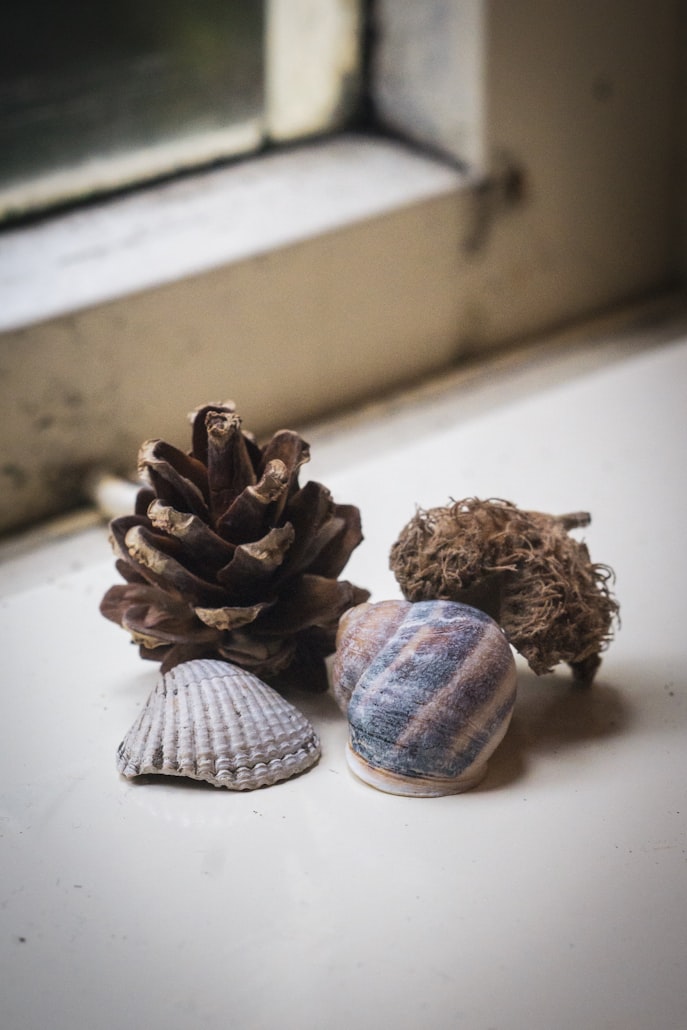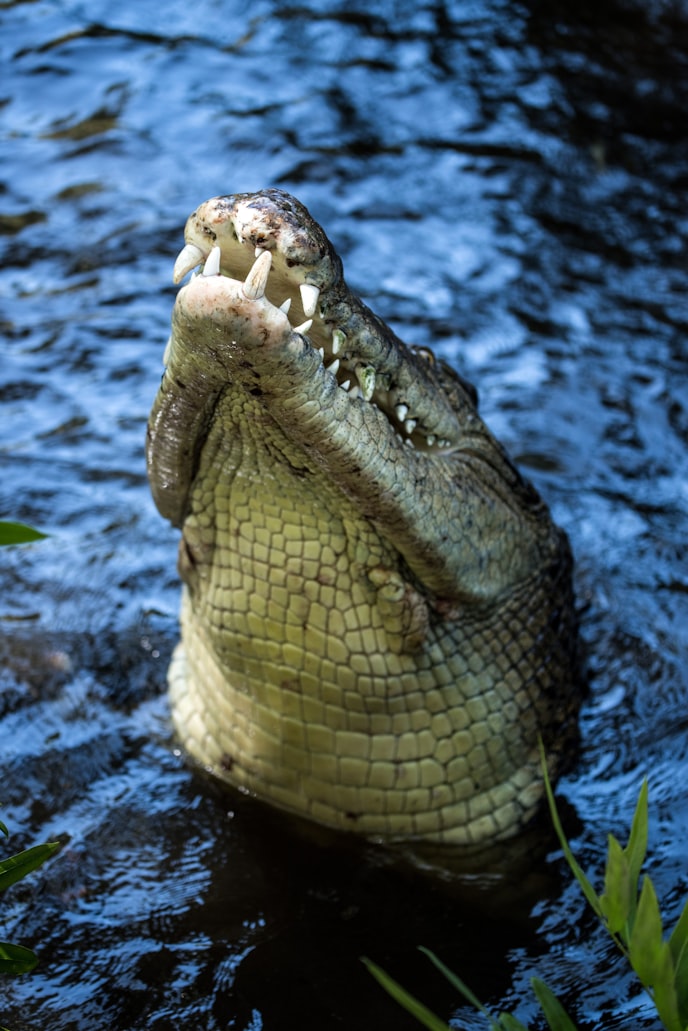The 5 Most Dangerous Ocean Animals and How to Stay Safe Around Them

The oceans are home to a wide variety of amazing and fascinating creatures, but they also contain some of the most dangerous animals on Earth. From deadly predators to venomous creatures, the oceans can be dangerous places for humans.
In this article, we will explore the 5 most dangerous ocean animals and how to stay safe around them.
1. Sharks
Sharks are perhaps the most well-known dangerous ocean animal, and for good reason. These powerful predators are known for their sharp teeth and strong jaws, and they are capable of causing serious injuries to humans.
However, it’s important to note that sharks are not naturally aggressive toward humans and attacks are relatively rare. Still, it’s important to be cautious when swimming or diving in areas where sharks are known to be present and to avoid attracting their attention.
What You Can Do to Stay Safe:
- Avoid swimming or diving in areas where sharks are known to be present, such as near seal colonies or in areas with high levels of baitfish.
- Avoid swimming at dawn, dusk, or at night, as these are times when sharks are most active.
- Avoid wearing shiny jewelry or bright clothing while swimming or diving, as these can attract sharks.
- Avoid swimming or diving alone, as it’s always safer to be with a group.
- If you do encounter a shark while swimming or diving, try to remain calm and get to safety as quickly as possible.
2. Jellyfish
Jellyfish are often overlooked as dangerous ocean animals, but they can be just as deadly as sharks. Jellyfish are known for their long, stinging tentacles, which contain powerful venom that can cause serious injuries to humans. Some species of jellyfish, such as the box jellyfish and the Portuguese man-of-war, are particularly venomous and can even be lethal.
What You Can Do to Stay Safe:
- Avoid swimming or diving in areas where jellyfish are known to be present.
- Wear a wetsuit or protective clothing when swimming or diving in areas where jellyfish are known to be present.
- If you do get stung by a jellyfish, rinse the affected area with vinegar to help neutralize the venom and remove any tentacles that may be stuck to your skin.
- Seek medical attention immediately if you experience severe pain or difficulty breathing after being stung by a jellyfish.
3. Stonefish
Stonefish are one of the most venomous fish in the world, and they are found in tropical waters throughout the world. These fish are known for their camouflage ability, which allows them to blend in with the coral and rocks on the ocean floor. They have venomous spines on their back that can cause serious injury to humans if they are stepped on or touched.
What You Can Do to Stay Safe:
- Wear protective footwear when wading or walking in areas where stonefish are known to be present.
- Avoid stepping on or touching any suspicious-looking rocks or coral, as they may be stonefish in disguise.
- If you do get stung by a stonefish, seek medical attention immediately.
4. Cone Snails
Cone snails are a type of venomous snail found in tropical waters throughout the world. These snails have a venomous harpoon that they use to capture their prey, and they can inject this venom into humans if they are handled carelessly. The venom of a cone snail can cause severe pain, paralysis, and even death in humans.
What You Can Do to Stay Safe:
- Avoid handling cone snails, as they are venomous and can be dangerous.
- If you do come into contact with a cone snail, seek medical attention immediately.
5. Saltwater Crocodiles
Saltwater crocodiles are the largest living reptile on Earth, and they are found in the coastal waters of Australia, Asia, and the Pacific Islands. These crocodiles are known for their powerful jaws and sharp teeth, and they can be aggressive toward humans. Saltwater crocodiles are responsible for a number of attacks on humans, and they should be treated with caution.
What You Can Do to Stay Safe:
- Avoid swimming or wading in areas where saltwater crocodiles are known to be present.
- Do not approach or feed saltwater crocodiles, as they can be aggressive toward humans.
- If you do encounter a saltwater crocodile, try to get to safety as quickly as possible and seek medical attention if necessary.
Conclusion
The oceans are home to a wide variety of amazing and fascinating creatures, but they also contain some of the most dangerous animals on Earth. From sharks and jellyfish to cone snails and saltwater crocodiles, it’s important to be cautious and aware of the potential dangers when swimming or diving in the oceans. By following safety guidelines and being aware of your surroundings, you can help protect yourself and others from potential harm.
Hashtags
#oceandangers #sharkattacks #jellyfishstings #stonefish #venomoussnails #saltwatercrocodiles #marinesafety #oceanawareness #marinelife #oceanconservation #oceanexploration #scubadiving #snorkeling
You can use these hashtags when sharing this post on social media.
If you enjoyed this article, don’t forget to share it with your friends on social media, and don’t forget to subscribe to our YouTube channel.
